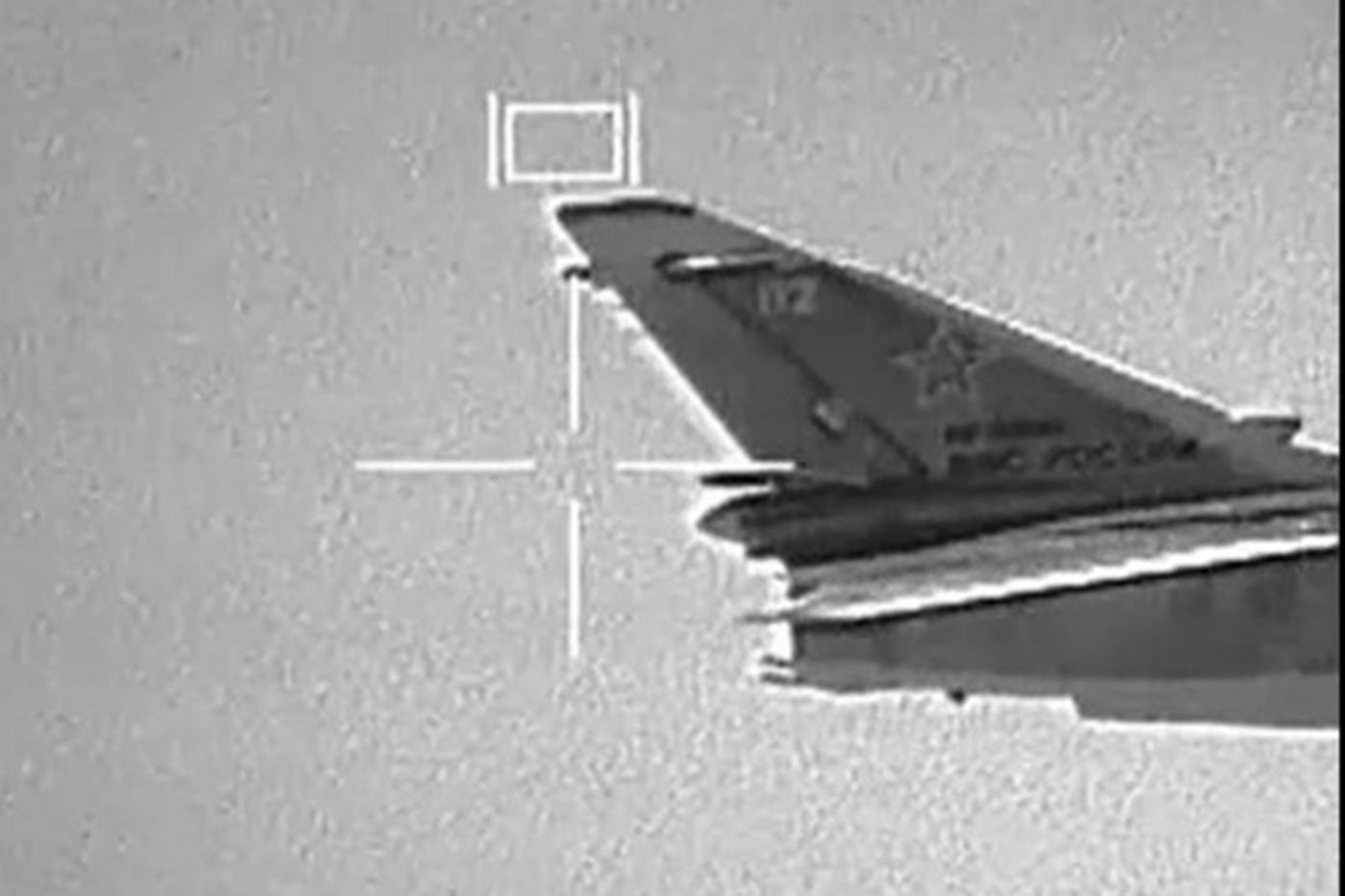Becoming Invisible
When the war ended but the foreign forces remained, early events appeared to underline the explosive potential of the foreign military presence. In Sirte, near the new frontline, Wagner terrorized the population by shelling a residential area to forcibly displace its inhabitants before occupying their houses and mining the surroundings, thereby potentially killing anyone who might approach the area. In Misrata, Syrian fighters occupied the houses of displaced residents in a southern suburb, fuelling latent tensions with neighbours. When protests erupted in Tripoli in August 2020 amid an economic crisis and defunct public services, those protesting expressed anger that Syrian fighters were being paid in precious US dollars, whereas Libyans barely received their public-sector dinar salaries.
As rivalries among Haftar’s western Libyan adversaries resurfaced, some sought to damage their opponents by falsely accusing them of using Syrian fighters in local conflicts. Pro-Haftar propagandists, meanwhile, tried to stoke fear and anger by spreading fabricated stories of Syrian fighters abducting Libyan women.
The foreign presence seemed all the more likely to provoke a backlash, as contact between foreign forces and the local population was not uncommon, and largely unregulated. In Sirte and Jufra, Russians frequently turned up in shops and restaurants, at times openly carrying weapons. Sudanese fighters, whom Haftar was no longer able to pay, became an even more vexing presence, as they began demanding tolls at checkpoints along overland roads, and as their ventures into fuel smuggling caused shortages for Libyan consumers. In Tripoli, Syrians also regularly ventured out of their bases on foot to shop for groceries, and in August 2021 they openly protested in front of a base about delayed salaries.
Since then, however, the Turkish, Syrian, and Russian presence has gradually become largely invisible. In Sirte, Wagner fighters withdrew from the areas they had occupied to a dedicated area in the Qardhabiya airbase in 2021. Their visits to local shops in Sirte and Jufra, often together with their Syrian translators, have become much less frequent. On the rare occasions that they do appear in public, they now invariably wear civilian clothing, signalling that they are on their day off.
In the southern bases of Brak and Tamanhant, where the Russians also have a presence, it is even less common to encounter them outside the bases, local residents say. Interlocutors from the far south occasionally report hearing about Russian visits to remote sites such as gold mining areas or military bases, but they rarely describe seeing them with their own eyes.
Much of the same goes for the Syrian fighters deployed by Turkey. In Suq al-Khamis, south of Tripoli, residents had complained that Syrian fighters would often come out of a local base on foot. But for the past year at least, their sorties were restricted to a single weekly trip by car to local shops, suggesting that a regime regulating interactions with locals had been introduced – thus turning boredom into a major challenge for the Syrians.
The formal Turkish military presence itself has been even less visible, confined to a few military bases between Misrata and the Tunisian border. It is extremely rare to encounter Turkish military personnel outside of these bases.
